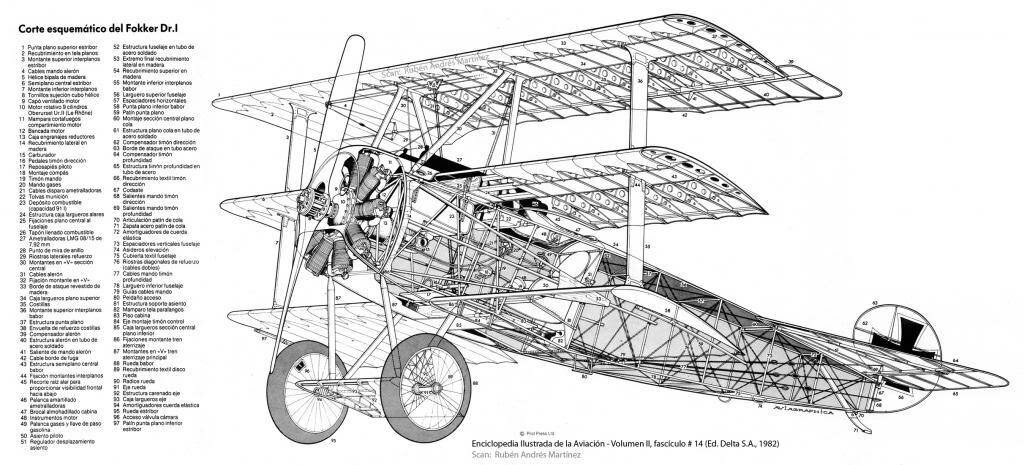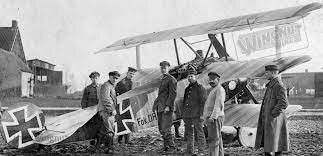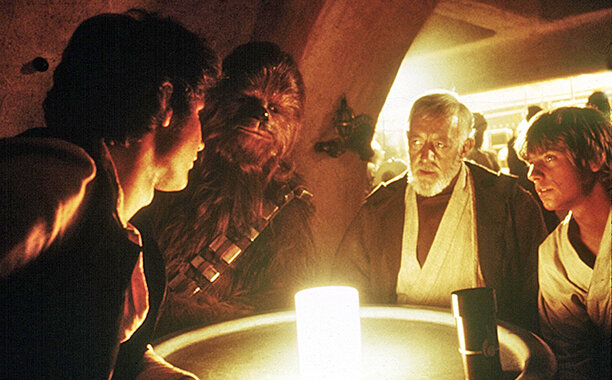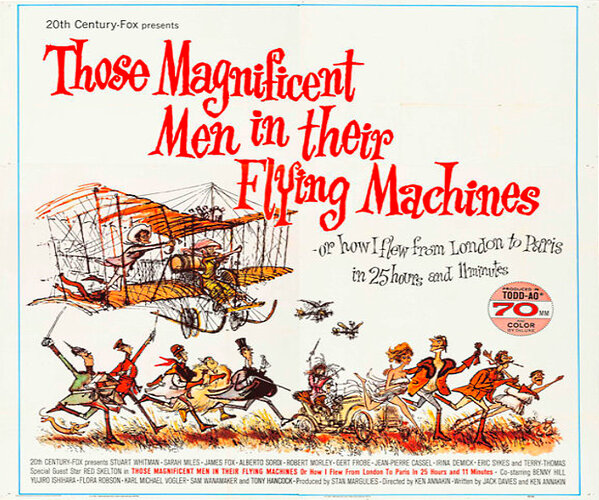Well, in historical research, the facts are the facts. All military history books are written with the unspoken: "As far as is known as of the date of this writing." Sometimes, new documents surface, along with related information. Here's an example about the attack at Arnhem, a subject that British people seem somewhat obsessed about.
Uncover the secrets of German armoured forces at the Battle of Arnhem with Einsatz Arnheim. With 536 pages and 445 photos, this is not to be missed!

www.panzerwrecks.com
New books about the American Civil War appear on a regular basis. Specific engagements are reviewed over and over from various perspectives. Sometimes, new information in the way of documents, letters and new research into obscure archives reveals previously unknown details. It's a bit like a painting of the engagement. The new details modify this painting in major and/or minor ways. The picture becomes clearer and clearer. And since photos were taken during the war, a new one does emerge from time to time. A recent example shows a number of men in a field. None of them wear the same type of hat, which surprised researchers. However, I am not a Civil War researcher.








